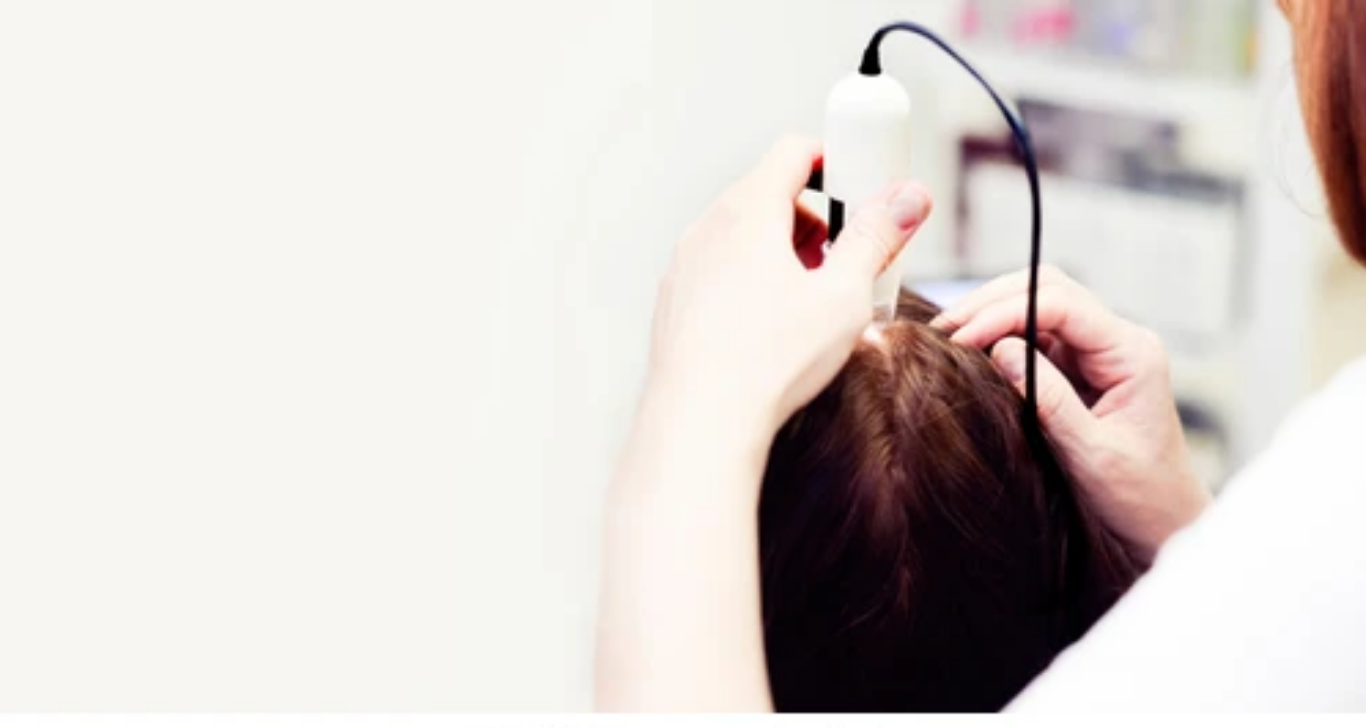Trichologist Birmingham Blog
Hair Transplant Surgery: What Trichologists in Birmingham Want You to Know
Navigating the Path to Hair Restoration with Birmingham's Finest Trichologists
In the realm of hair restoration, trichologists in Birmingham stand as pillars of expertise, offering comprehensive guidance and insights to individuals seeking hair transplant surgery. Beyond the cosmetic aspect, these professionals play a crucial role in understanding the complexities of hair loss, evaluating candidacy, tailoring procedures, and ensuring long-term results. This article sheds light on the wisdom and knowledge trichologists bring to the field of hair transplant surgery, providing individuals with the information they need to embark on their hair restoration journey with confidence.
Understanding Hair Loss: Insights from Trichologists
- The Science Behind Hair Loss: Hair loss isn't a mere cosmetic concern; it's a multifaceted issue with roots in genetics, hormonal fluctuations, and lifestyle factors. Trichologists delve into the science of hair loss, helping patients understand the intricacies that contribute to their condition. This knowledge empowers individuals to make informed decisions regarding their hair restoration journey.
- Types of Hair Loss: From androgenetic alopecia to alopecia areata, there exists a spectrum of hair loss conditions, each with distinct causes and characteristics. Trichologists act as diagnosticians, identifying the type of hair loss a patient is experiencing and tailoring their approach accordingly. With their expertise, trichologists ensure that the right treatment path is chosen, setting the stage for successful hair transplant surgery.
Preparing for Hair Transplant Surgery: Trichologist's Perspective
- Initial Consultation: Before any surgical intervention, a thorough consultation with a trichologist is imperative. Trichologists delve into patients' medical history, lifestyle, and expectations. This holistic approach allows them to assess not only the feasibility of a hair transplant but also to understand the emotional aspect of the process.
- Evaluating Candidacy: Trichologists possess the insight to determine whether an individual is an ideal candidate for hair transplant surgery. Their assessment involves factors such as donor hair availability and overall health. By conducting a meticulous evaluation, trichologists ensure that patients embark on a journey that aligns with their unique circumstances.
The Hair Transplant Process: Trichologists' Insights
- FUT vs. FUE Method: Two primary methods, Follicular Unit Transplantation (FUT) and Follicular Unit Extraction (FUE), are commonly used in hair transplant surgery. Trichologists educate patients about these options, shedding light on the advantages and limitations of each. This comprehensive understanding enables patients to make informed decisions in collaboration with their trichologists.
- Donor Hair Selection: The selection of donor hair significantly influences the outcome of a hair transplant. Trichologists work closely with surgeons to identify the most suitable donor areas, considering natural hairline and density. This partnership ensures that the transplanted hair blends seamlessly with the existing hair, resulting in a natural appearance.
- Customizing the Procedure: Trichologists and surgeons collaborate to create a customized hair transplant plan. This plan is tailored to the patient's facial features, age, and expectations. The artistry of trichologists comes into play here, ensuring that the results not only restore hair but also enhance the patient's overall appearance.
Post-Transplant Care: Trichologist's Recommendations
- Recovery Guidelines: After the hair transplant surgery, trichologists provide patients with recovery guidelines. These guidelines encompass everything from post-operative care to managing discomfort. Through their guidance, trichologists alleviate concerns and support patients throughout their recovery journey.
- Hair Care Regimen: Maintaining the transplanted hair's health is crucial for long-term success. Trichologists advise patients on appropriate hair care routines, emphasizing gentle handling and using suitable products. This guidance ensures that the transplanted hair thrives and blends harmoniously with the existing hair.
Long-Term Results and Follow-Up: Trichologist's Role
- Monitoring Hair Growth: Following the surgery, trichologists continue to play a pivotal role. They monitor the growth and progress of the transplanted hair, ensuring that the results meet or exceed the patient's expectations. Regular follow-up appointments allow trichologists to make adjustments if necessary.
- Addressing Concerns: Trichologists serve as a support system for patients, addressing any concerns that may arise post-surgery. Their expertise provides reassurance, knowing that there's a professional guiding them through the journey to restored hair and confidence.
Beyond the Procedure: Maintaining Healthy Hair
- Lifestyle Changes: Trichologists advocate for holistic hair health, encouraging patients to adopt lifestyle changes that promote hair growth and maintenance. Factors such as nutrition, stress management, and proper hair care contribute to overall hair health.
- Addressing Future Hair Loss: Trichologists offer insights into managing potential future hair loss. Whether through preventive measures or early intervention, their guidance equips patients with tools to proactively address any recurrence of hair loss.
Trichologists' Expertise in Hair Transplant Journey
The expertise of trichologists in Birmingham goes far beyond performing hair transplant surgery. They embody a holistic approach that encompasses understanding the science of hair loss, assessing candidacy, tailoring procedures, and ensuring long-term success. By collaborating with trichologists, individuals embarking on a hair restoration journey can experience not only the aesthetic transformation but also the empowerment of making informed choices for their well-being. In the heart of Birmingham's thriving hair restoration community, trichologists stand as guiding lights, illuminating the path to restored confidence and a renewed sense of self.



